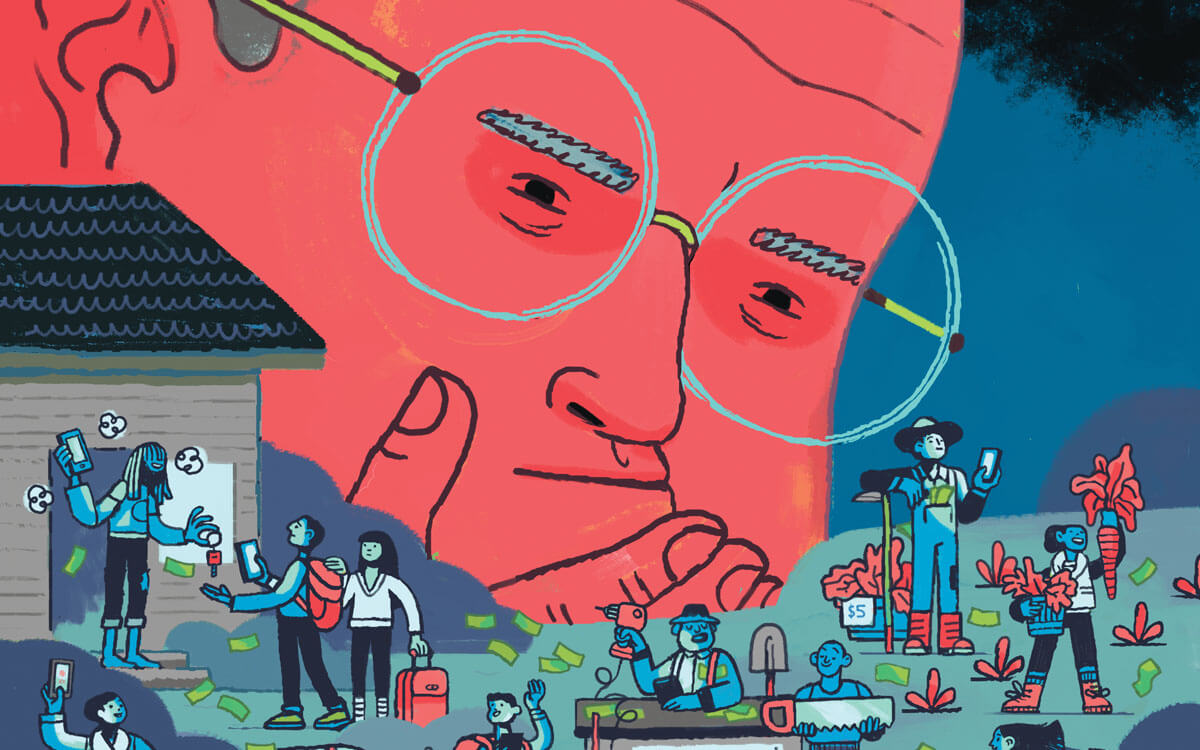Easy money, easy target
'Side hustles’ are lucrative—But the tax man is watching
Advertisement
'Side hustles’ are lucrative—But the tax man is watching

Share this article Share on Facebook Share on Twitter Share on Linkedin Share on Reddit Share on Email